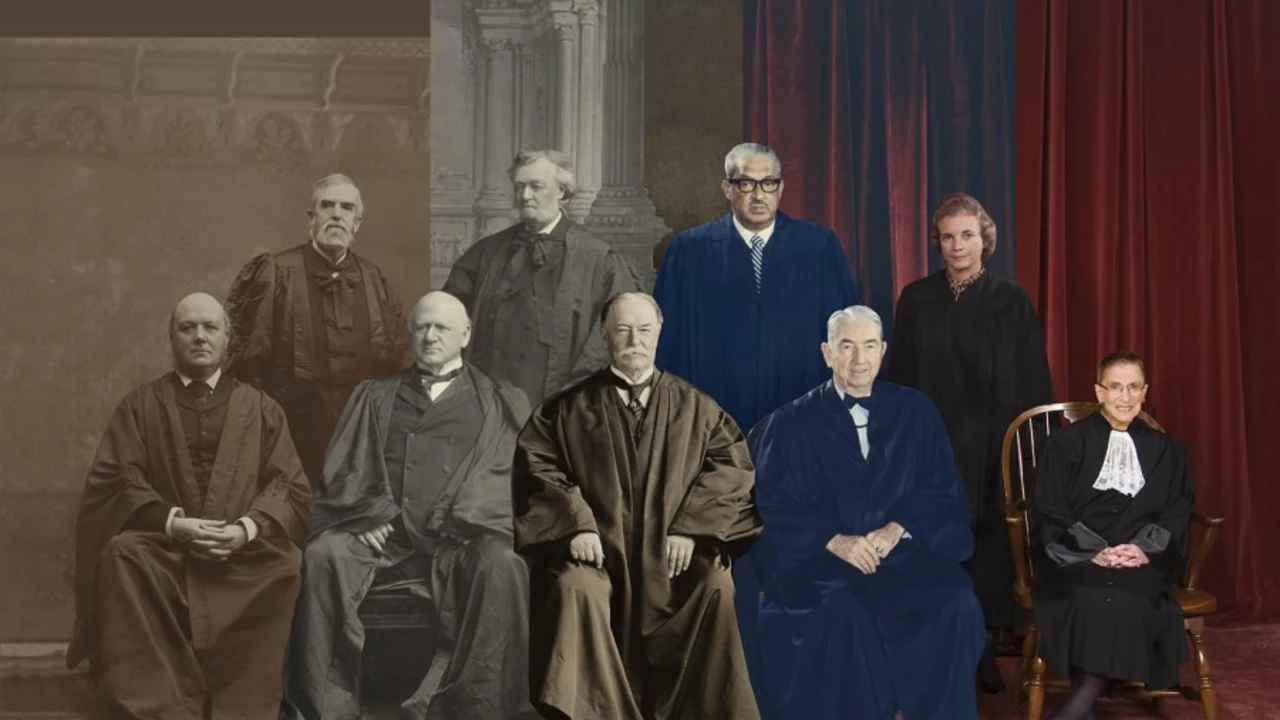Understanding the Plea
Firstly, it is crucial to comprehend the essence of the plea that has been submitted to the Supreme Court. The petitioners are demanding President's Rule to be imposed in the state of Bengal. This plea is based on the contention that there is a breakdown of the constitutional machinery in the state. The petitioners argue that the current government has failed to maintain law and order, which has led to a chaotic situation that they believe can only be addressed by imposing President's Rule.
What is President's Rule?
Before going further, let's take a moment to understand what President's Rule is. In India's constitutional framework, President's Rule refers to the suspension of a state government and the imposition of direct central government rule in a state. This can happen if the President, upon receipt of a report from the Governor of the state or otherwise, is satisfied that a situation has arisen in which the government of the state cannot be carried on in accordance with the provisions of the Constitution.
Current Situation in Bengal
Understanding the current situation in Bengal gives context to the plea. The state has been rife with political tensions, with allegations of violence and irregularities marring recent elections. There have been numerous instances of violence, including attacks on political workers and leaders. The situation has escalated to such an extent that the petitioners feel the state government has lost control and hence, are seeking the imposition of President's Rule.
Legal Requirements for Imposing President's Rule
Imposing President's Rule is not a decision that can be taken lightly. It requires certain legal requirements to be fulfilled. According to the Constitution, President's Rule can be imposed if the President is satisfied that a situation has arisen where the state government cannot be carried on in accordance with the provisions of the Constitution. This satisfaction is usually based on a report from the Governor of the state. However, the President can also act independently without such a report.
The Supreme Court's Role
The Supreme Court plays a crucial role in such situations. It is the responsibility of the Supreme Court to review the validity of the decision to impose President's Rule. The court can strike down the imposition of President's Rule if it finds that it was imposed malafidely or based on irrelevant or extraneous grounds. In this case, the Supreme Court will review the plea and decide whether the situation in Bengal warrants the imposition of President's Rule.
Potential Implications of the Plea
Finally, it's important to consider the potential implications of this plea. If the Supreme Court agrees with the petitioners, it could lead to a significant shift in the political landscape of Bengal. The imposition of President's Rule means the suspension of the state government and direct rule by the central government. This could have profound implications for the state's governance and politics. Moreover, it will set a precedent for similar situations in the future, potentially changing the way such situations are handled in India.
